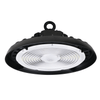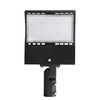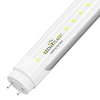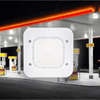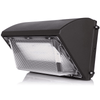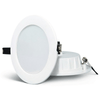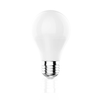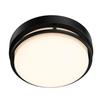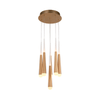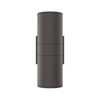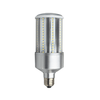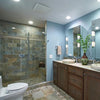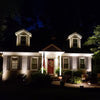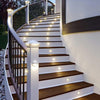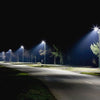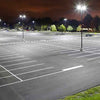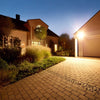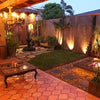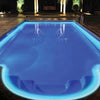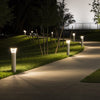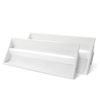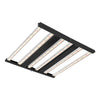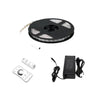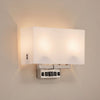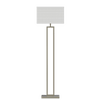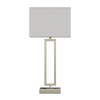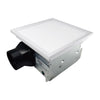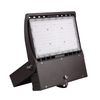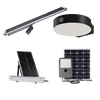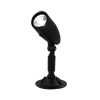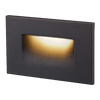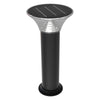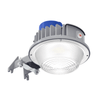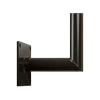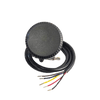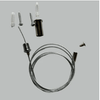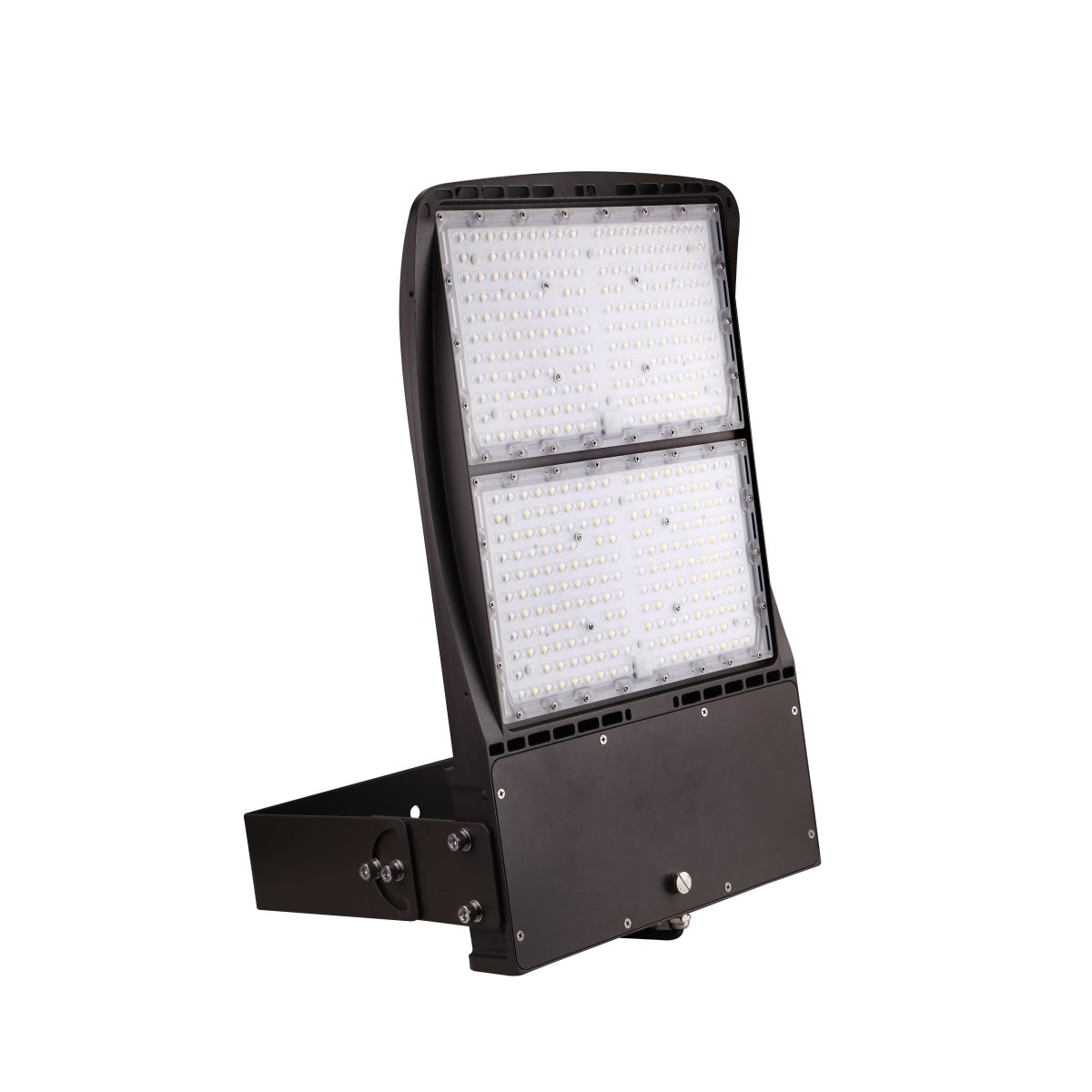Introduction
You’re here because you’ve got a problem: how to keep your outdoor spaces well-lit and secure. While the darkness may be a burglar’s best friend, outdoor security lights can easily make your home a less attractive target. One crucial aspect to consider? Lumens! And if you're wondering how LED flood lights fit into the picture, stick around.
Why Are Lumens Important?
Lumens are the measure of how much light a bulb emits. More lumens mean a brighter light; fewer lumens mean a dimmer light. Simple, right? But when it comes to security, you need the right balance of brightness to effectively illuminate your outdoor areas.
Types of Outdoor Security Lights
You might be tempted to stick with traditional incandescent bulbs, but the real star these days is LED. LED lights are not only brighter but also more energy-efficient, which is perfect for long-term use.
How Many Lumens Are Typically Needed?
For outdoor security lights, recommendations generally start at 700 lumens. However, this can vary depending on several factors like the size of the area and the purpose of the lights.
Factors to Consider
- Location: Is it a high-traffic area like the front porch or a secluded area like the backyard?
- Purpose: Is it for general illumination, or do you need the light to deter potential intruders?
- Size of the area: Larger areas will naturally require more lumens.
How to Calculate Required Lumens
To calculate, you can use the formula: Area in square feet × Foot-candles. Foot-candles are a measure of light intensity. For example, for a 100-square-foot area requiring 10 foot-candles, you'd need 1000 lumens.
The Advantages of LED Flood Lights
LED flood lights are a powerhouse when it comes to energy efficiency and durability. They also offer a higher lumen output for a fraction of the wattage, which is a win-win situation!
The Pitfalls of Over-lighting
Remember, more light isn’t always better. Over-lighting can contribute to light pollution and energy waste. Plus, it can be blinding and counterproductive.
Motion Sensors and Smart Technology
Adding motion sensors or smart technology can enhance the efficiency and effectiveness of your security lights. It adds an element of surprise for intruders and saves energy.
Cost Analysis
While LED lights are more expensive upfront, their long lifespan and energy efficiency make them cost-effective in the long run.
Installation Tips
You can go the DIY route or hire professionals. Either way, ensure safety measures like turning off the electricity supply during installation.
Maintenance and Upkeep
LED lights rarely need replacing, but a routine check-up and cleaning can extend their life even further.
Conclusion
Selecting the right lumen count for your outdoor security lighting is a delicate balance between brightness and energy efficiency. LED flood lights offer the best of both worlds, making them the perfect choice for most homeowners.
Frequently Asked Questions
-
How do I calculate the lumens I need?
- Use the formula: Area in square feet × Foot-candles
-
Can I use traditional bulbs instead of LED?
- Yes, but LED is more energy-efficient and brighter.
-
What is light pollution?
- Excessive or misdirected outdoor lighting.
-
Is professional installation necessary?
- Not necessarily, but it’s safer.
-
How often should I replace my LED flood lights?
- Typically, LED flood lights last for several years.





